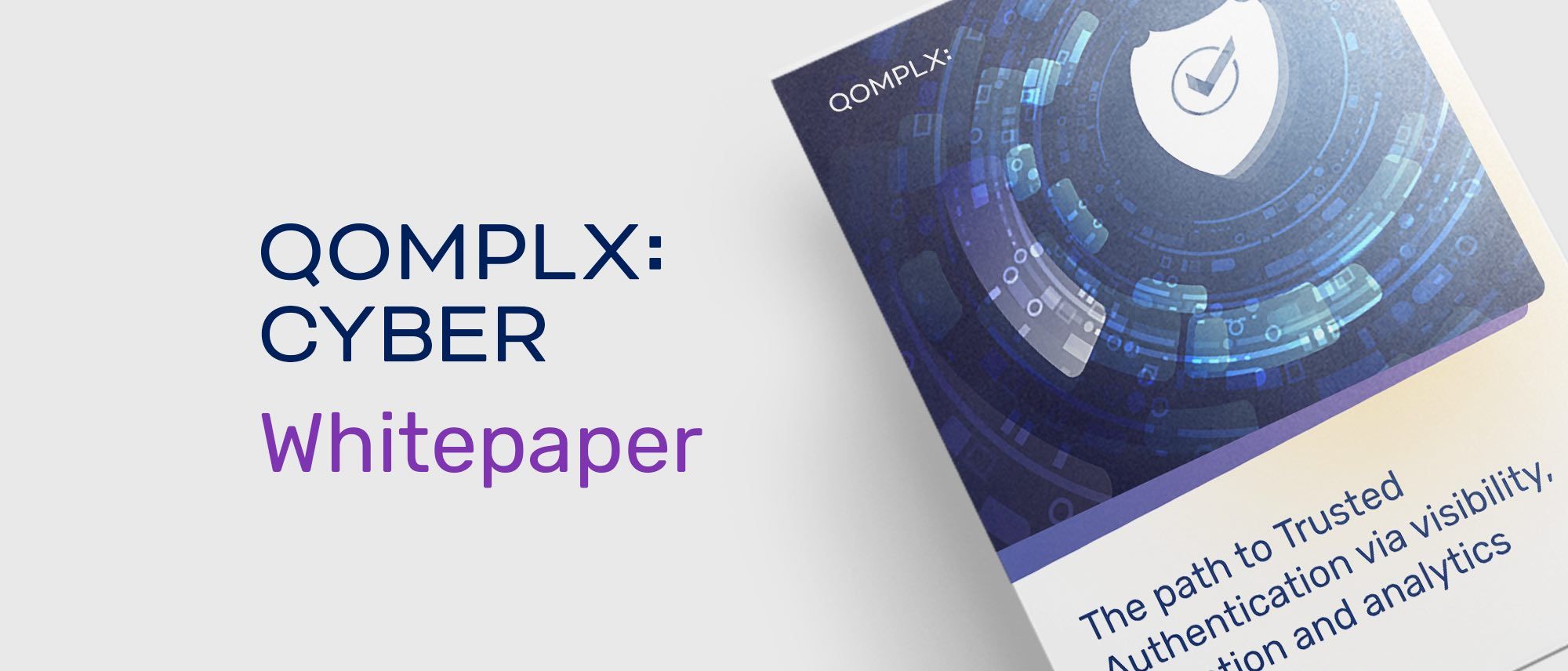Jason Crabtree, QOMPLX co-founder and CEO, wrote ‘Privacy Shield Is Dead, And Data Marketplaces Are Just Getting Going’ for the Forbes Technology Council.
Data collection is handled very differently in the United States and the European Union. There is no federal U.S. equivalent to the EU’s General Data Protection Rule (GDPR). (The CCPA is a close approximation at the state level.)
That's a problem, writes QOMPLX CEO Jason Crabtree (@jsncrabtree) over at Forbes. In recent weeks, the EU Court of Justice (CJEU) struck down the standing data sharing rule, the so-called "Privacy Shield" that governs U.S. - EU data transfers. The court ruled that the U.S. was not providing proper protections to EU residents.
“The ruling that the Privacy Shield agreement between the EU and U.S. gave inadequate legal protections to EU residents whose data is consumed by U.S. businesses throws into disarray untold numbers of data-sharing arrangements between companies on both sides of the Atlantic,” writes Crabtree.
Still, even with this setback, data marketplaces continue to grow. “These laws are unlikely to hold back a global economy coveting data for too long as it searches for growth and revenues. Simply put: The economic advantages of digital transformation are far too great to be so easily stifled.”
Data marketplaces are used for the creation of new models, products and lines of business for customers. They can aid in the tracking of everything from consumer preferences to the spread of disease during pandemics. “Going forward, data marketplaces that wish to sell sought-after datasets and data feeds — use metrics, consumer behavior, demographics information, machine-test data, market data, etc. — will need to account for the growing set of security, privacy and downstream use limitations on the data they hold,” Crabtree explains.
Companies embracing better technologies is the key to thriving under new regulations, and successfully responding to the unexpected.




